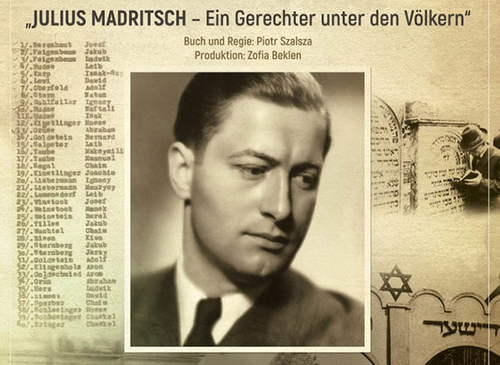
Reopening 18.05.2020. The exhibitions and archives of the Documentation Centre of Austrian Resistance are again open to the public.
Since its foundation in 1963, the Documentation Archive of Austrian Resistance has been working on the processing, documentation and archiving of Austrian resistance. The main focuses of its work are resistance and persecution, the Holocaust, Roma and Sinti, exile, medicine and biopolitics under National Socialism. In addition, research is conducted on Nazi and post-war justice, right-wing extremism after 1945, restitution and compensation after 1945.
In concrete terms, this means the collection, archiving and scientific evaluation of thematically relevant sources. In addition, there is an archive and library with advisory and support activities for students and journalists. Particular emphasis is placed on the communication of contemporary historical content to young people and pupils as well as adult education.
“It was particularly important, however, that we were able to meet the ‘other Austria’ here in the house, those people who had all had their experiences with fascism and who had stood on the side of the victims. With them, a perspective on the Austrian history of our century became possible for us, which neither parents nor school had offered us. Helmut Konrad, Rector of the Karl-Franzens-University Graz, on the occasion of the DÖW annual meeting 1997.
The Nazi opponent Julius Madritsch, a Viennese textile merchant, was transferred to the Generalgouvernement for the occupied Polish territories after being drafted into the Wehrmacht and administered two “Aryanised” clothing factories in Krakow. After the forced resettlement of the Jewish population of Krakow to the Podgórze district in March 1941, the occupying authorities allowed Madritsch to set up a textile factory in the ghetto itself; later a branch was added in the town of Tarnów to the east of Krakow, where Madritsch also employed Jews, including musicians and actors who had no knowledge of textile work, but whose workload was handled by the others. In this way he was able to save the lives of hundreds of people.
Since 18 May, the documentation archive has been open again – for the time being still restricted – for visits.
Dokumentationsarchiv des österreichischen Widerstandes
Reopening 18.05.2020
Altes Rathaus
Wipplingerstraße 6-8
1010 Wien
www.doew.at











